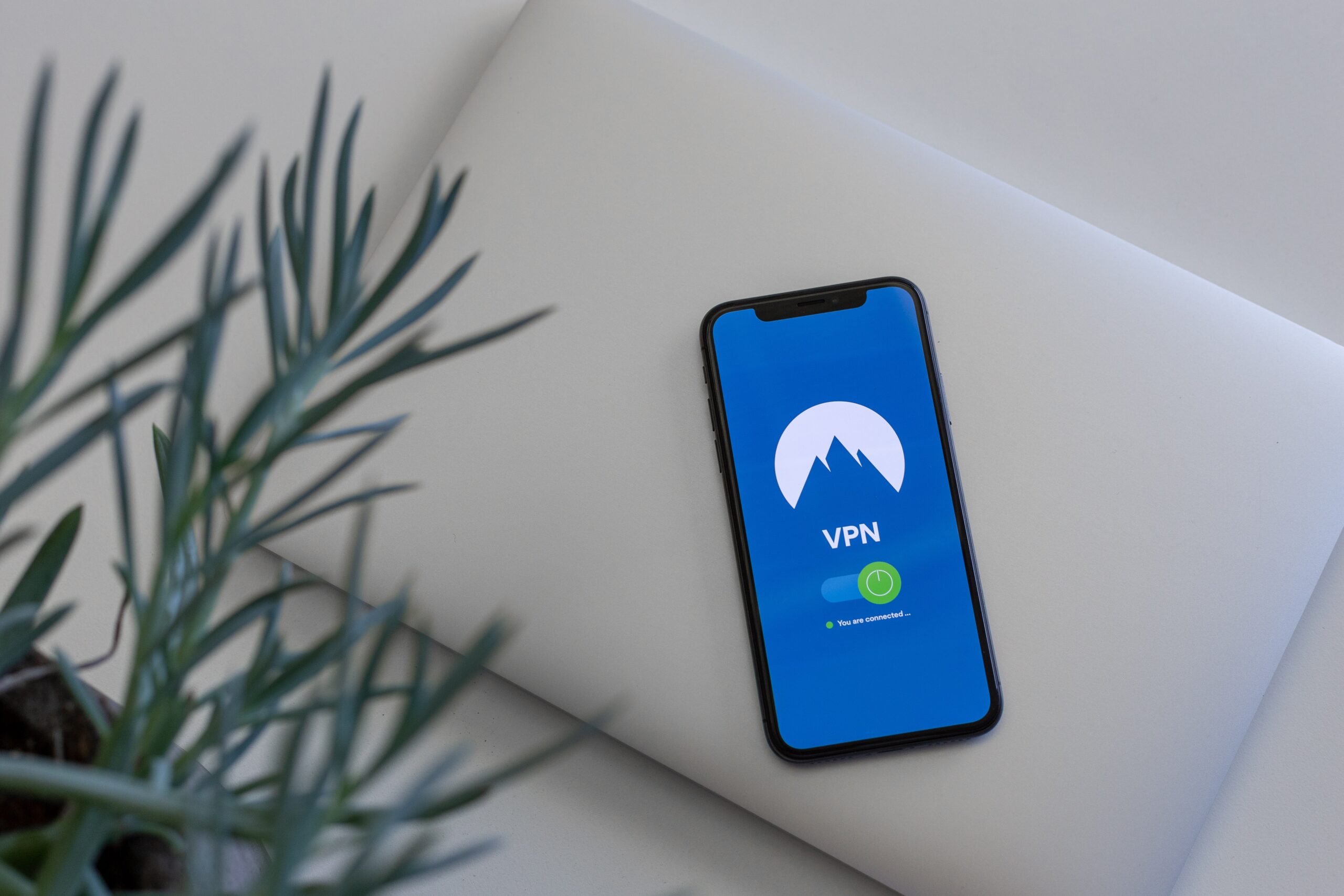
The Complete Guide to Proxy Servers & How They are Disrupting the Web
What is a Proxy Server and How Does it Actually Work?
A proxy server is a computer system that functions as an intermediary between an end user and the internet. It allows the end user to bypass internet filters and restrictions.
Proxy servers are often used in schools, workplaces, and countries where internet censorship is prevalent. They can also be used to access blocked websites such as YouTube or Facebook in countries where those sites are restricted. A proxied server can be deployed for a wide variety of tasks, such as providing access to geographically-restricted content. An SSL certificate can be used to enable proxied servers to encrypt their network traffic. In order for a proxy server to make use of an SSL certificate, the client must be configured to trust the proxy server.A self-signed certificate is typically issued by the proxy server, but in this case it would not be trusted by the client.
How A Web Proxy Will Help You Unblock Blocked Sites
A web proxy is an intermediary server that sits between your computer and the Internet. It can be used to view pages from sites that are blocked in your area, or to access pages that are not available for viewing in your country.
A web proxy will help you unblock blocked sites by letting you browse the Web anonymously. This means that you will be able to bypass any restrictions put in place by your network administrator or ISP.
Web proxies work as a go-between for your computer and the site you want to visit. When you type a URL into the address bar of your browser, it sends a request to the proxy server, which then retrieves the website from its location and sends it back to you on its own servers. The site never knows who is accessing it because all requests come from a single IP address, the proxy server’s.The downside of using a proxy is that it can slow down your connection speed and you are unable to access the website’s source code. These downsides usually aren’t a problem for casual users, but if you need more advanced features such as anonymity or logging into websites without cookies, proxies are not for you. As of 2022, the privacy-centric search engine is now defunct. Its website, duckduckgo.com, redirects to a search engine by the same name that does not promise users any anonymity or privacy features at all.
What are the Different Types of Proxy Servers?
A proxy server is a computer system or a device that facilitates the making of connections between other systems or devices. A proxy server can provide a type of firewall protection and caching services.
Types of Proxy Servers:
– HTTP Proxies: These are the most common type of proxy servers. They work by intercepting and rewriting requests to a different address, usually on behalf of both client and server.
– SOCKS Proxies: This is an internet protocol that allows you to use your own network connection for data transfer, instead of connecting to the internet through someone else’s network (e.g., your ISP).
– HTTPS Proxies: This type of proxy server encrypts all traffic between the client and the proxy before sending it to the destination website or server. And one of such private proxies is the proxy-seller.com company.
How to Choose Which Proxy Server Type Fits Your Needs?
A proxy server is a computer that sits between your device and the internet. It hides your IP address, and it can also speed up your connection. There are many different types of proxies, but not all of them work well for different purposes. This article will help you choose the best type of proxy server for your needs.
Proxy servers are very useful tools to use in order to protect your identity online. They can also be used to increase the speed of your internet connection when you’re using a slow or congested network connection. However, there are many different types of proxies available today – some better than others for specific purposes – so it’s important to know how they work and which ones are best suited for you or your company’s needs before purchasing one or signing up with a service provider.
Ever Wonder What is an HTTP and HTTPS Proxy? Learn all about them right here.
HTTP and HTTPS proxies are used to connect to the internet by routing your connection through a proxy server.
What is an HTTP proxy?
An HTTP proxy is a type of proxy server that works at the application layer of the TCP/IP model. It handles requests from your computer for web pages, images, videos, or other files on the internet.
What is an HTTPS Proxy?
HTTPS proxies are a type of proxy server that works at the application layer of the TCP/IP model. It handles requests from your computer for web pages, images, videos, or other files on the internet.





